Physics Wallah (PW) is an online learning platform known for science and exam prep courses. It started from a YouTube channel and grew into a big edtech company by 2025. In this article we review what students and parents are saying about Physics Wallah, explain its prices and policies, compare it to other learning sites (like My Engineering Buddy), and describe how it works. We also look at its company background and future plans.

Physics Wallah Reviews and Testimonials
Physics Wallah is generally seen as a real, working company (it even became an edtech “unicorn” by 2022). Many students praise its quality and price. For example, on review sites like G2 and SourceForge, users say the courses are affordable and effective. One G2 review noted “the quality of content is also good enough to crack the desired exam” and praised its high affordability. Another student on SourceForge called PW “very good” and said the lessons use clear diagrams and examples, although sometimes the teacher “goes too fast”.
On Trustpilot, users also give positive feedback. A user wrote that she loved PW’s teaching, note-taking, and support. She noted PW’s price is “pocket friendly,” meaning very affordable, and said she would recommend it. Another reviewer said PW’s new tech courses (called PW Skills) have an “outstanding experience,” with a “well structured, comprehensive” curriculum and industry-expert instructors. This shows students appreciate the content and affordability.
Is Physics Wallah legit? Yes – PW is a large, funded company. By early 2025 it had over 10 million Android app downloads and 13.3 million YouTube subscribers, and it raised $210 million in funding (valued at $2.8 billion) in late 2024. These facts mean it is not a scam. However, note that review sites also contain unhappy users. For example, on PissedConsumer (a complaint site), users criticize PW’s customer service and note it has “no refund policy”. They also mention a security deposit that can be hard to get back. In summary, most students find PW helpful and genuine, but some warn about rigid policies and support problems.
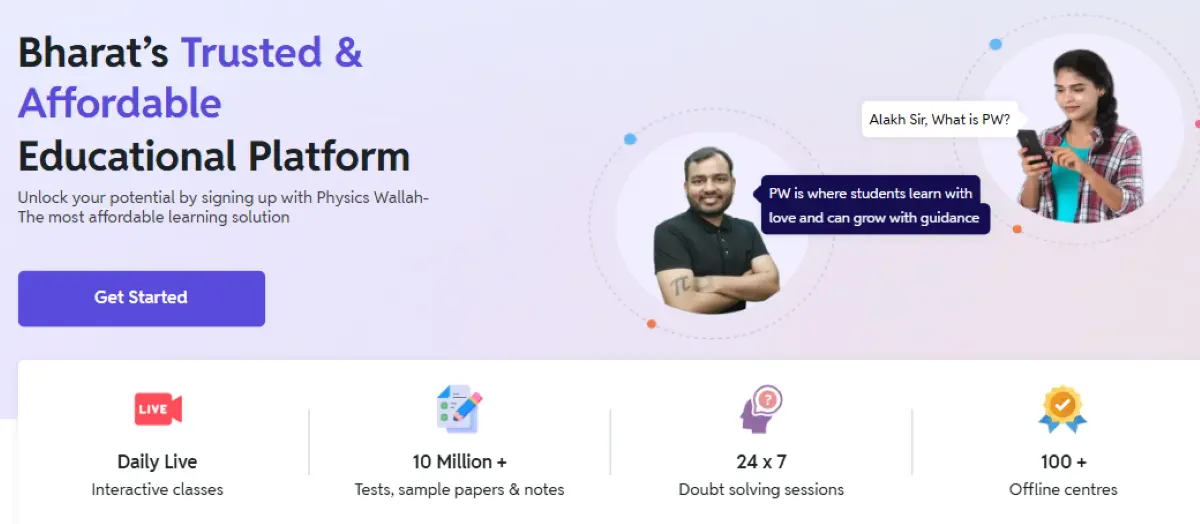
Physics Wallah Pricing
Pricing Range
Physics Wallah is known for very low prices. The founder promises that all course packages stay under ₹5,000 (about $60). In practice, most full-course batches (for major exams) cost around ₹4,000–5,000. This is far cheaper than many tutoring programs. (For context, ₹5,000 is roughly $60, which is usually for an entire year of course material.) Thus, PW’s range of fees is roughly $50–$60 per course batch, a very affordable level for international students.
What students say about Physics Wallah Pricing
Many students highlight PW’s low price as a big advantage. For example, one G2 user said PW “provides quality content at an affordable price range”. On Trustpilot, a student noted “the pricing is also pocket friendly,” meaning very budget-friendly. These reviews echo what PW advertises. In contrast, a few negative reviewers (often on complaint forums) say PW’s prices are too high. PissedConsumer users complained “the price level of this organization is high” and asked for refunds. So overall, the sentiment is positive: PW is seen as “cheap” for what it offers, though a few find any cost frustrating.
Hidden costs
Physic Wallah claims to have no hidden fees beyond the stated course price. The company’s FAQ says there are “no hidden charges” except a refundable security deposit if required. However, some students report unexpected costs. For instance, a common complaint is about a “security deposit” for some courses – this deposit must be paid up front, and students later have trouble getting it back. While not exactly a secret fee, this can feel like a hidden cost. Also, buying physical books or materials (like PW’s branded pens or notes) can add a bit extra. In short, aside from the initial deposit, there are no regular monthly fees, but be prepared to pay up front for each course and any extra materials.
How Physics Wallah’s pricing works
- Students choose one course or bundle and pay that fee up front. For example, a full year NEET course costs about ₹4,000–5,000 (one-time).
- The price includes access to all live classes, recorded videos, tests, and notes for that course.
- There are no monthly subscriptions – you pay per course. Once you pay, you get access until the batch ends (usually one year).
- Additional products (books, pens, etc.) are optional and paid separately. These are not part of hidden fees but optional extras.
- Some courses require a small deposit (refundable later) to hold your seat. This deposit is returned if you follow the rules, but some students report delays or difficulties in getting that refund.
Free Trial
Physics Wallah does not generally offer a free trial of its main courses. Instead, PW is famous for its free YouTube videos and free sample problems. While the official paid batches have no free trial period, you can still watch dozens of free lectures on their YouTube channel or use free learning tools (like the sample tests on the app). So there is no built-in free trial for the paid course content; you either pay or you use the free materials online.
Refund policy
Students often ask about refunds for paid batches. Unfortunately, PW’s refund policy is very strict or nonexistent. Several reviews state bluntly “there is no refund policy”. In practice, once you pay for a course, you usually cannot get your money back if you change your mind. There have been customer complaints and even legal complaints about this. For example, one review site notes that most users had to ask for a refund due to issues, but PW often just says no refund. In one complaint, a student tried to switch batches but was told to buy a new batch and then request a refund (a long, complicated process that ultimately failed). In summary: PW’s policy is “no refunds,” so be sure before you buy. If you think you might cancel or switch, ask carefully what happens before paying.
Physics Wallah Alternatives
If you consider PW but want to see other options, here are some popular alternatives that serve students in wealthy countries:
1: My Engineering Buddy
My Engineering Buddy (MEB) is a global online tutoring site focusing on engineering and technical subjects. Unlike PW’s batch courses, MEB offers one-on-one live tutoring on demand. It serves students in the US, UK, Canada, Australia, and the Gulf countries. MEB advertises that it “hires only the top tutors” and has very high customer satisfaction. In fact, the company says it has over 10,000 students worldwide and a 97% satisfaction rate. Trustpilot reviews reflect this: its rating is 4.7/5 (89 reviews) and many students praise MEB’s tutors by name. The downsides: MEB is usually pricier per hour, since tutors are top-ranked. But its pay-as-you-go model and focus on individual attention make it very flexible and personalized.
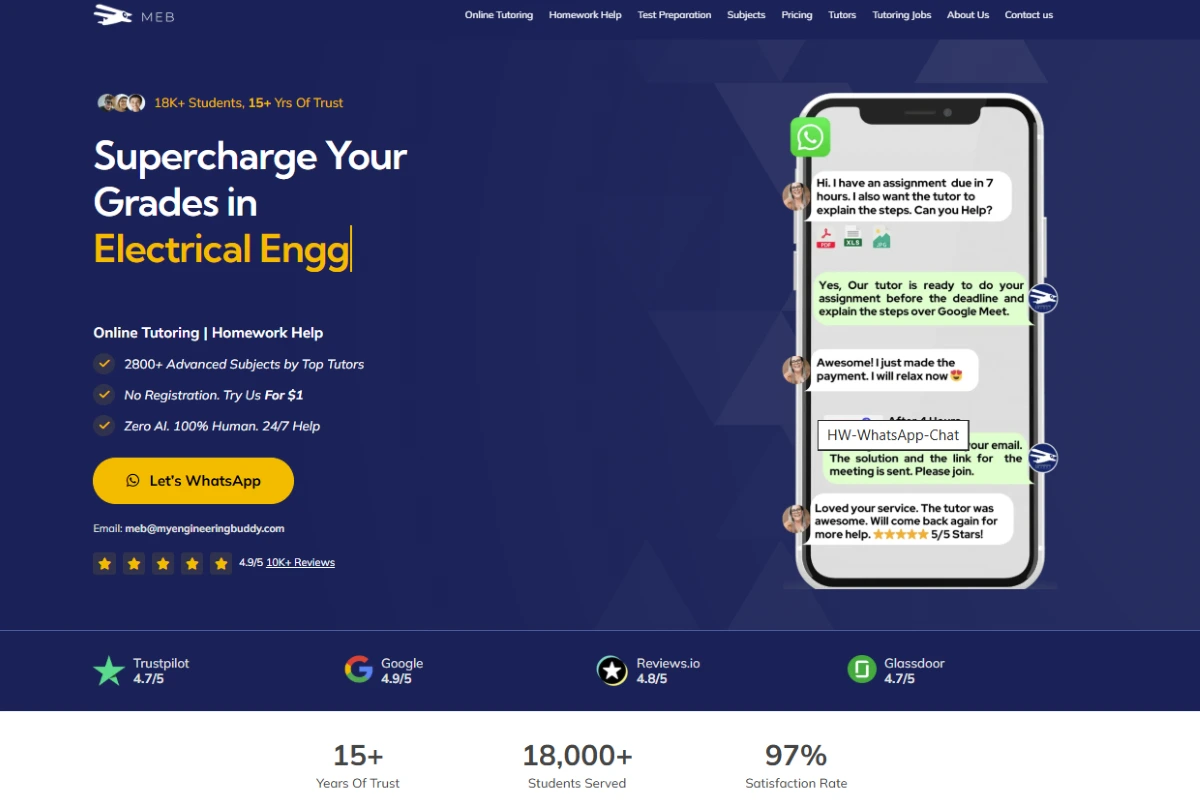
2: Chegg
Chegg is a US-based learning platform popular in college. It offers a large library of step-by-step solutions and video tutorials, plus on-demand expert Q&A. Chegg works on a monthly subscription (roughly $15–$30 per month). It covers 50+ subjects (from math to economics and more)and is available 24/7. Many students use Chegg for quick homework help or study (you can ask questions to an expert anytime). Chegg is more like a resource library and question-answer service than a structured course. Its price is higher than PW’s per month, but it does not require paying for a whole course up front. Note that Chegg’s critics mention hard-to-understand fees and mixed tutor quality, but it has a huge user base and many success stories for things like textbook rentals and homework help.
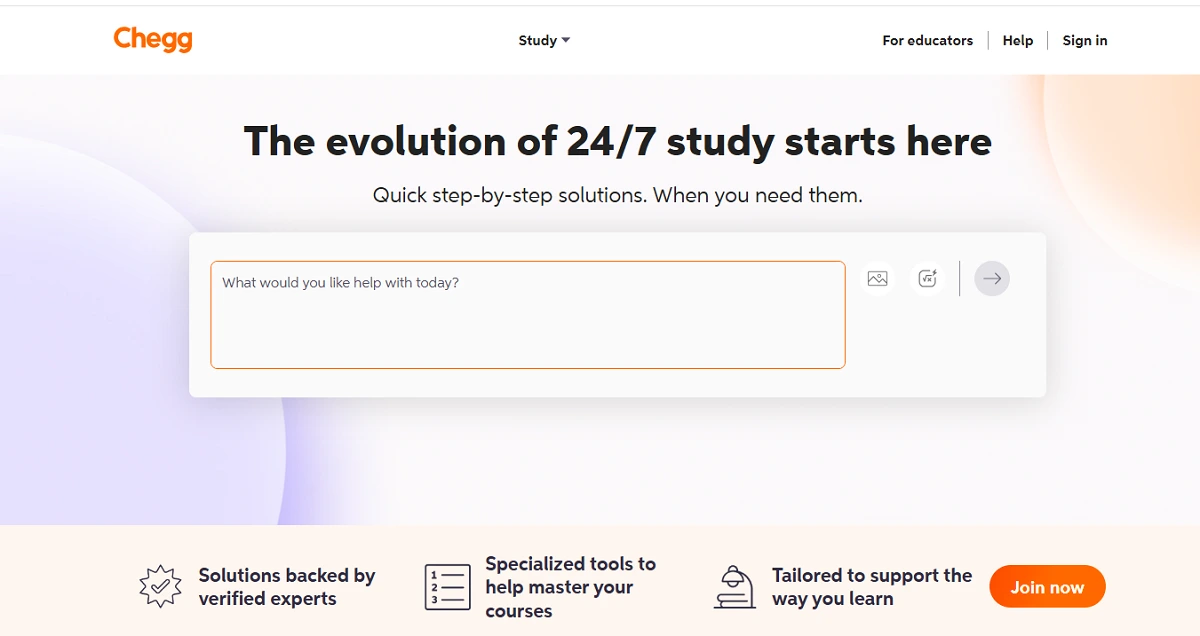
3: Khan Academy
Khan Academy is a non-profit education site offering free video lessons and exercises. It covers K-12 math, science, and some early college topics. Unlike PW, Khan does not charge anything. It has a self-study model (no live tutors). For college students, it may help with fundamentals (like calculus or physics basics). It’s especially helpful if you want to review basic concepts at no cost. However, Khan Academy does not provide guided exam prep for advanced tests or 1:1 tutoring. For global students, Khan Academy is well-known and translates content into many languages (English, Spanish, etc.). So it is free and global, but less personalized.
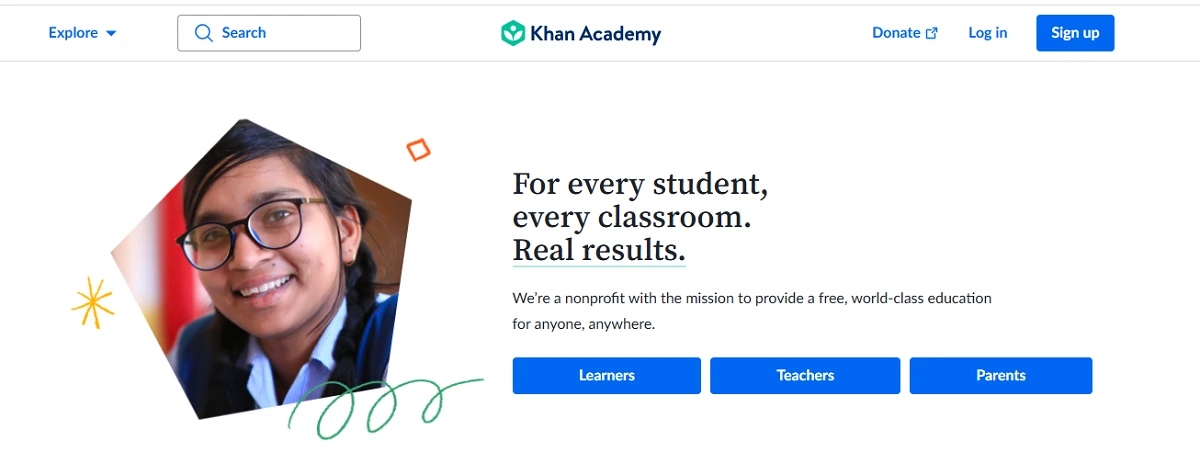
4: Varsity Tutors
Varsity Tutors (also known as Preply or TutorMe) is a large US tutoring platform where you can book private or group tutoring sessions. It offers thousands of tutors in many subjects, including engineering, math, and science. You pay hourly and choose your tutor. Varsity Tutors often advertises a 4.9/5 overall rating (based on student reviews) and is available worldwide. It is more expensive than PW (typical rates are $30–$70/hour for experienced tutors). But it has live interaction and guaranteed quality. For students who want the US model of tutoring and are willing to pay for it, this is a good option.
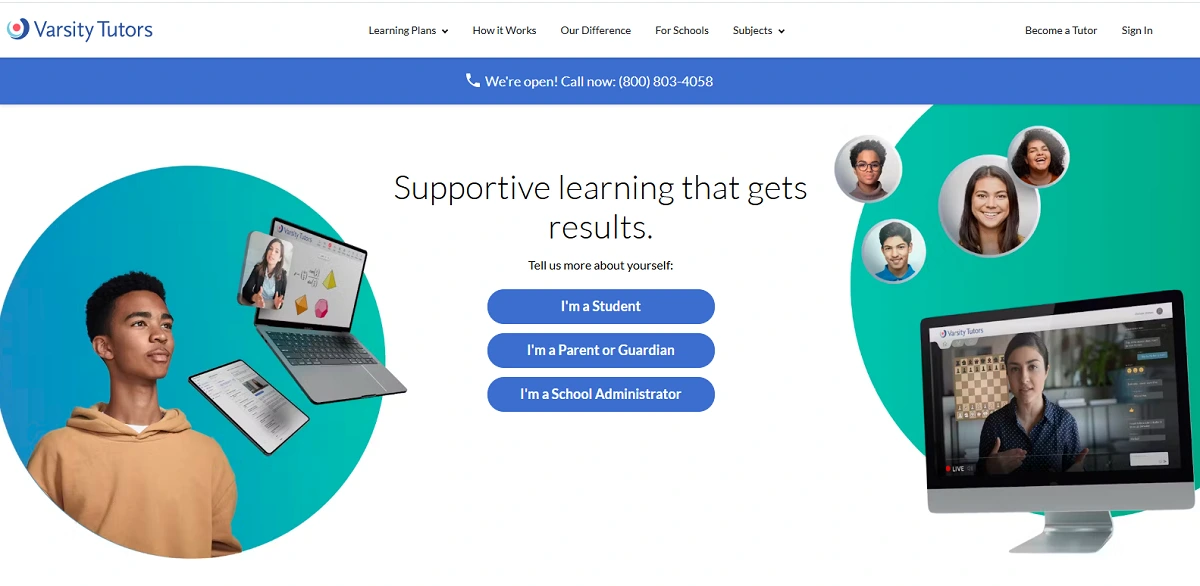
5: Wyzant
Wyzant is another US-focused tutor marketplace. Students can browse thousands of profiles, read reviews, and hire tutors by the hour. It covers many subjects from elementary math to advanced engineering. Tutors set their own rates (often $30–$70+ per hour). Wyzant has a Pay-As-You-Go model (no package required), making it very flexible. If you want one-on-one help and can afford that level, Wyzant is a strong alternative. Like MEB, Wyzant emphasizes tutor quality and student satisfaction, though it is more popular in North America.
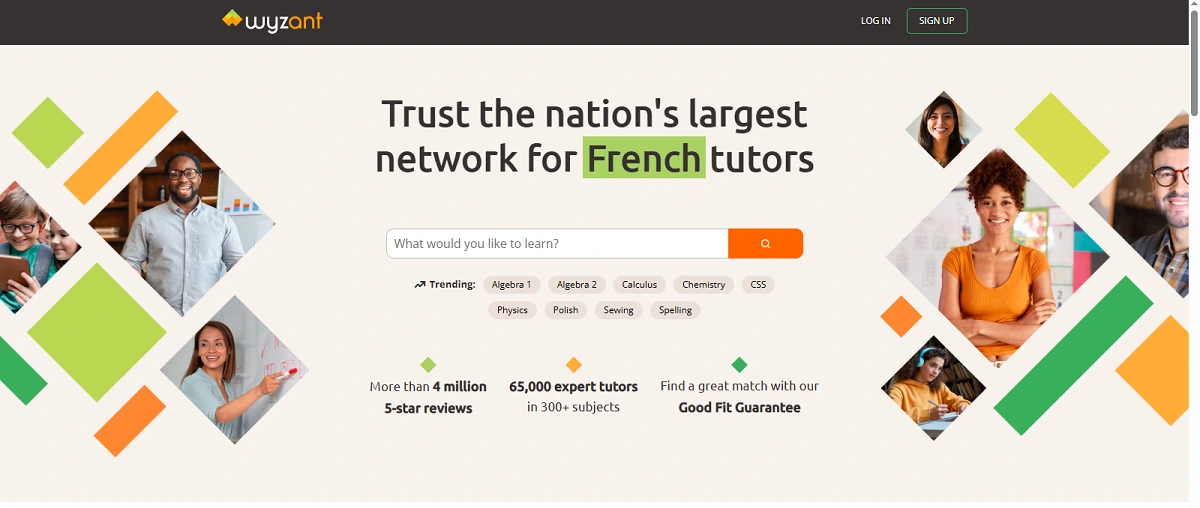
6: Preply
Preply is best known for language learning but also offers science and math tutoring. It works worldwide and is cheaper than Varsity or Wyzant (many tutors from various countries). Tutors have hourly rates starting as low as $10. Preply has a large tutor pool and flexible scheduling. If cost is a concern, Preply might fit. Unlike PW’s structured courses, Preply is on-demand private lessons. It has a lower price point and decent quality control, though you have to find the right tutor. Preply is a popular search for global students (e.g. a tutoring survey showed students also look at Khan, Preply, Wyzant as alternatives).
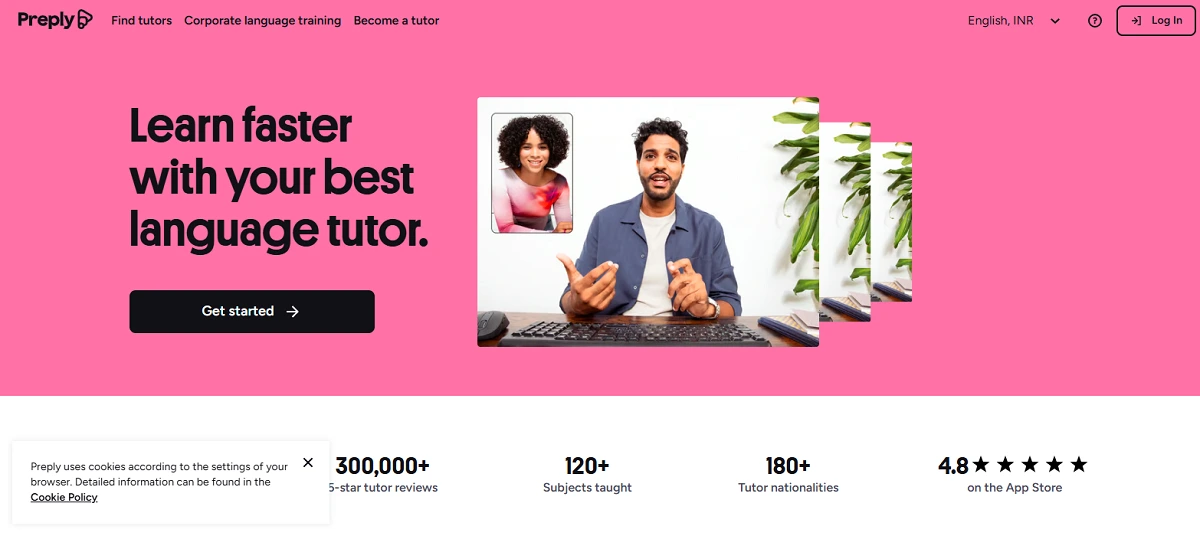
How it Works?
For Students
- Sign up on the Physics Wallah app or website. Create an account with your email or phone.
- Pick a course or batch. You can choose the subject (like physics, chemistry, biology, or math) and the exam level (e.g. engineering entrance). Each course lists what it covers.
- Pay the fee for that course. This is a one-time payment for full access (no monthly subscription). PW often also asks for a small refundable security deposit.
- Attend live classes online. Courses run on a schedule. You join live video lectures (often in English, via the app). The teachers follow a set syllabus.
- Use the app features. The PW app gives you video recordings of all classes, notes, and quizzes. You can take practice tests (some show your All-India Rank, per a user review). There is also a “Weekly Planner” feature (as one student noted) which helps you track what to study each week. The app may send notifications or have a classroom chat for doubts.
- Attend doubt sessions. Many courses include dedicated doubt-clearing sessions or allow you to ask questions in class chat or on forums.
- Complete assignments and tests. PW provides homework problems and mock tests. Reviewers said these are similar to real exam questions.
- Finish and certify. After the course or exam date, you complete a final test or project. If applicable, the app tracks your progress. PW may issue a completion certificate or just help you prepare for the exam.
For Tutors
- Apply as a teacher. Physics Wallah recruits experienced teachers and fresh graduates to become instructors. They often hire from top colleges (like IITs) and run training programs for new teachers. If you speak good English or the local exam language, you might apply via their Careers page or job postings.
- Teaching role. Tutors at PW create and deliver lesson content. Some teach live online lectures for hundreds of students at once, while others record videos or handle doubt sessions. They may teach multiple batches or repeat lessons at different times.
- Payment and workload. PW typically pays teachers a fixed salary or stipend. Exact earnings are not public, but some reports say entry-level teachers in India earn about ₹400k–800k per year (around $5k–10k USD). (Note: pay may vary by location.) Teachers do not pay any platform fees; instead, they are employees or contractors for PW.
- Reviews. On sites like Glassdoor, PW is rated around 3.7–4.0 out of 5 by employees (around 78% would recommend). Tutors say the work culture is good but demanding. For comparison, My Engineering Buddy also emphasizes tutor quality: their site boasts “we hire only the top tutors”, reflecting a high standard.
- Support. PW trains its tutors. As one co-founder noted, they “run a faculty training program” and “hire freshers” each year. So new teachers receive guidance on how to teach PW’s style. Tutors have access to company support (like tech help for using the app).
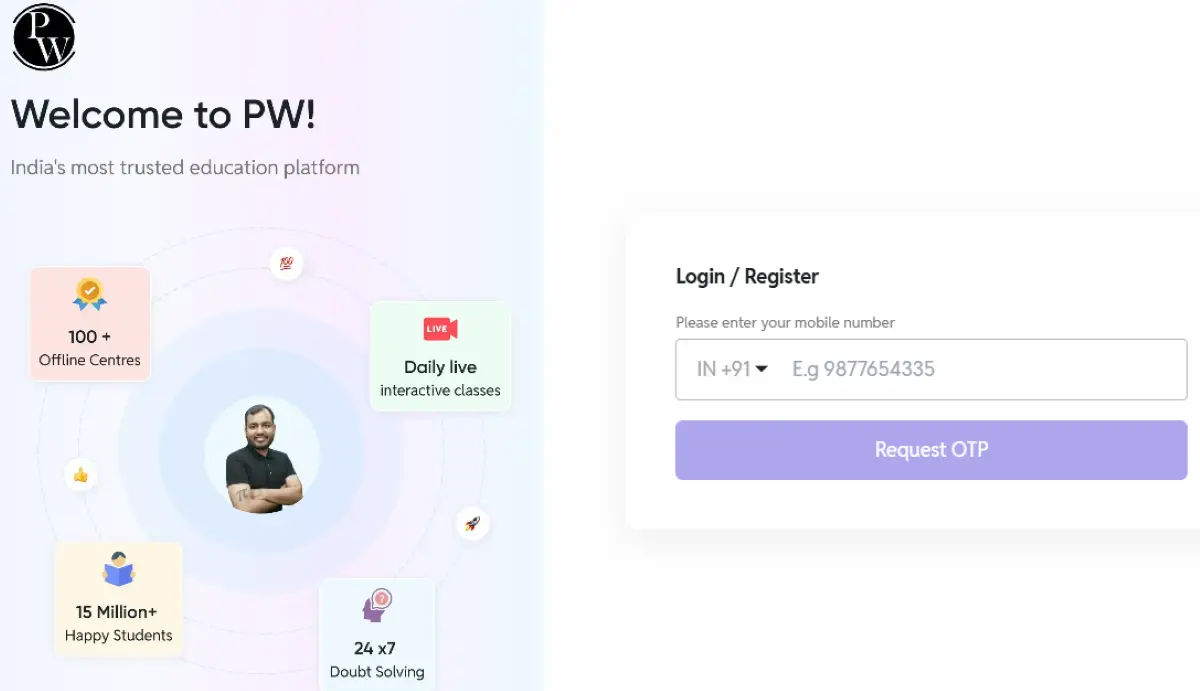
Physics Wallah: Company Information
Background & Founders: Physics Wallah started as a simple YouTube channel by Alakh Pandey (a physics teacher) around 2016. By 2020, Alakh and his co-founder Prateek Maheshwari built the official PW app and services for NEET (medical entrance) and JEE (engineering entrance) exam prep. They aimed to make high-quality education affordable to everyone. They grew quickly: by early 2025, the app had over 10 million downloads and 13.3 million YouTube subscribers. The company became the first Indian edtech “unicorn” in 2022, meaning its value passed $1 billion. In late 2024, Physics Wallah raised $210 million, valuing the company at $2.8 billion.
Mission: PW’s mission is to help students succeed in science and engineering subjects by providing “quality education at affordable prices”. The founder famously promises all courses stay under ₹5,000 (∼$60). They promote themselves as an “edtech foundation” for students who can’t afford expensive coaching. PW also covers broad subjects: besides entrance exams like JEE and NEET, PW provides materials for all major school boards (CBSE and state boards) and a growing list of college-level topics. They have even started tech career courses (called PW Skills) on computer science and digital marketing, which some reviews praise as “comprehensive” with “industry experts” teaching.
Scale and Reach: PW claims to serve 3.5 million registered students, and its videos have reached 78+ lakh (7.8 million) viewers. Its app has a 4.8-star rating from users, showing high satisfaction. PW was originally India-focused, and it has dozens of offline centers in India (launched as “Vidyapeeth” study centers). However, its online platform and English-language content make it accessible worldwide. It supports only English in its courses, meaning international students can use it as long as they follow India-style exams.
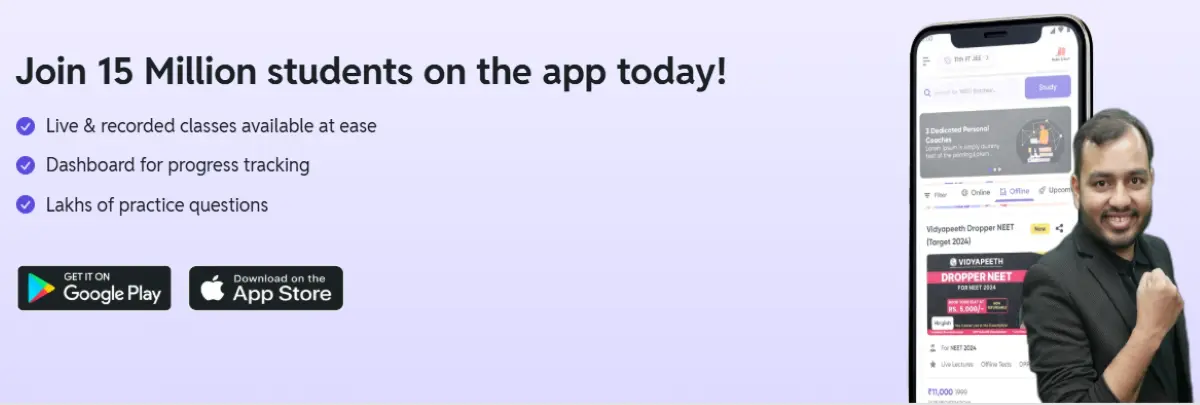
USP of Physics Wallah
Physics Wallah’s biggest selling points are affordability and content quality. As one user put it, PW offers “quality content at affordable price ranges” that few others can match. At under $60 per course, PW is much cheaper than alternatives. Another unique feature is the “Khazana” repository students can choose to study from any of several expert teachers in the same subject, which is unusual for online courses. The platform also provides detailed practice tests (showing All-India ranks for motivation) and a weekly study planner for students. PW’s massive free library on YouTube is also part of its USP: anyone can watch hours of physics and math lectures for free before deciding to buy. In summary, PW stands out by combining expert teachers, structured exam courses, and very low cost, making it popular among budget-conscious learners.
Drawbacks of Physics Wallah
No service is perfect. Several users point out weaknesses of PW. Some students feel the live classes can be very long (2+ hours) and that teachers sometimes rush through material. A G2 reviewer said lectures could “go on for 2 hours,” which can be tiring for young students. Others mention technical issues: for example, one student complained the app “overheats my device” during live lectures. Some new features (like a community forum) still have bugs and require frequent app updates, which users find annoying. Another downside is language: all courses are in English (and sometimes Hindi), so non-English speakers may struggle. Finally, PW’s customer service and policies receive criticism. Many users say customer support is unresponsive and refunds are basically not allowed. In short, while content is good for the price, students should be prepared for potential app glitches, fast teaching pace, and a strict no-refund stance.
Comparison with My Engineering Buddy
Comparing Physics Wallah to My Engineering Buddy (MEB) highlights their different strengths. Both serve engineering students, but in different ways. PW offers group courses and recorded lectures at a very low flat fee. MEB offers one-on-one tutoring by top-rated tutors, at a higher hourly price. PW’s reach is mainly India-oriented (though it’s accessible globally), whereas MEB explicitly serves US, UK, Canada, Australia, and Gulf countries. MEB boasts hiring “only top tutors” and has a higher overall Trustpilot score (4.7) than PW (3.9). PW has the advantage of massive content and affordability, while MEB has on-demand personal help. As one MEB review puts it they’ve taught 10,000 students with “97% satisfaction” and consider their services “value for money” even if not the cheapest. For students in wealthy countries who want flexibility and live interaction, MEB may feel more familiar; PW offers more structure but less personal attention. Choosing depends on whether you prefer low-cost comprehensive courses (PW) or premium private tutoring (MEB).
Customer Support and Policies
Physics Wallah provides official support via phone and online chat. In theory, students can call or email for help. However, many students report that support is slow or unhelpful. PissedConsumer reviews note “consumers are not pleased with customer service and reliability”. The company’s refund policy is especially strict (basically no refunds). On the plus side, PW has standard terms of use, privacy policies, and a quality assurance team. Its website FAQs clearly say no extra fees are hidden (aside from the deposit) and show it has English support. But the gap between formal policy and user experience is wide. As always, when buying a PW course, read all terms and ask support detailed questions beforehand.
Global Reach and Localization
Physics Wallah is primarily designed for a global audience of exam-prep students, but with an Indian origin. Its content is only in English, which does allow global access. The platform can be used anywhere (app and website work worldwide). However, most examples, exam patterns, and course schedules follow the Indian system (JEE/NEET style). There is some international content too: for instance, PW offers IELTS/TOEFL prep and study-abroad guidance on its site. The company has even launched a Gulf-specific site to reach students in the Middle East. But there is no major multilingual support. In short, while PW markets itself online to students in rich countries (USA, UK, etc.), it does not tailor content to American or British curriculums – it remains focused on a more universal math/science approach.
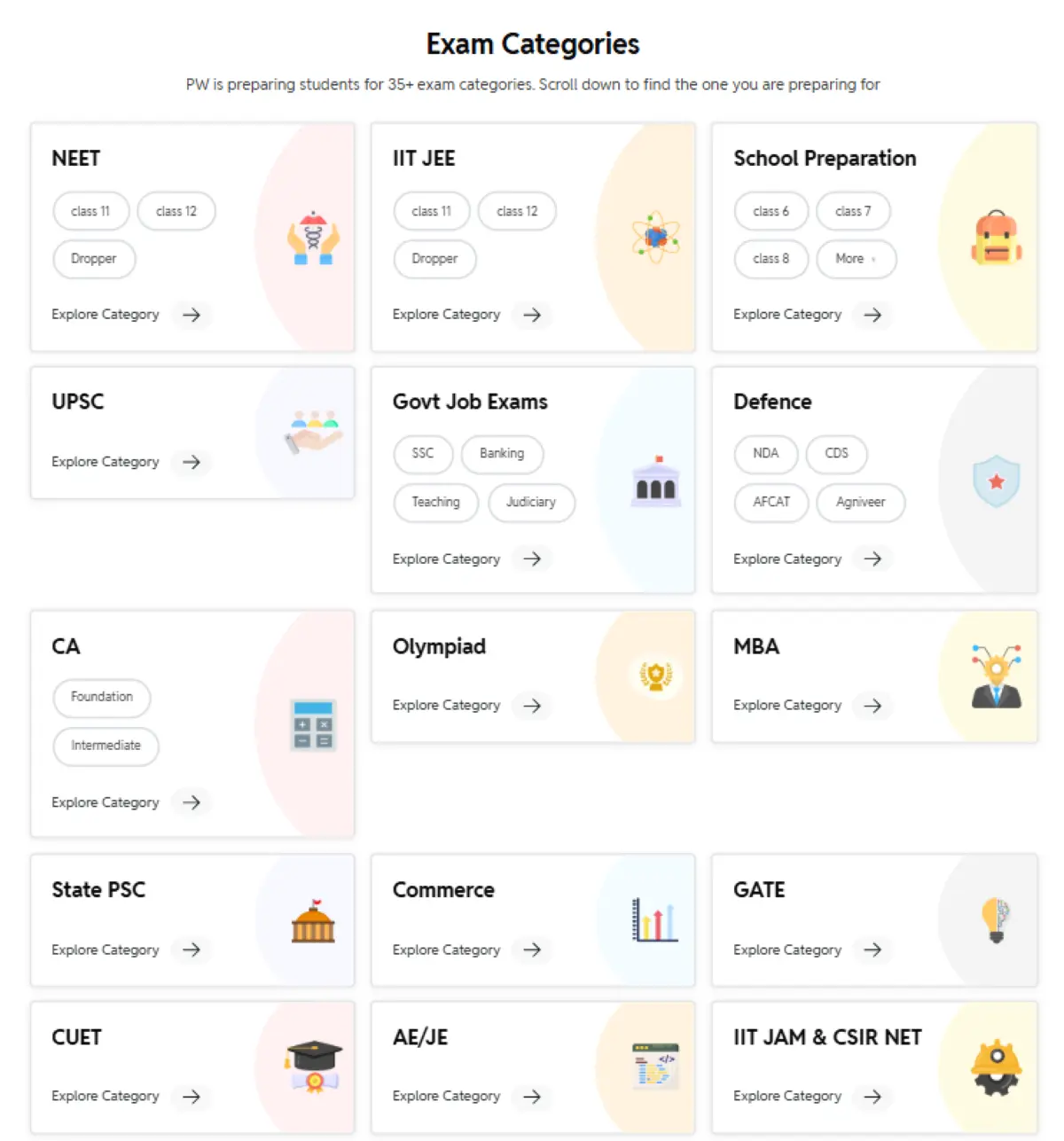
Physics Wallah’s future plans
Looking ahead, Physics Wallah has big growth plans. In India it is expanding offline – as of late 2023 it had over 60 physical coaching centers and planned 100 by 2024. But more relevant to global students is PW’s online innovation. The company is building “Alakh AI”, a smart AI tutor named after the founder. This generative AI study companion will be language-agnostic and provide both academic and non-academic support, with a launch planned soon. PW is also gearing up for a public stock offering (IPO) in 2025, which could bring further growth. They intend to hire thousands of new staff (many as teachers) and keep adding courses in high-tech fields. For international users, this means PW will likely keep improving its online tools and content library. The commitment to low prices seems intact Alakh Pandey has promised PW’s course fees “will continue to remain under Rs 5,000” as long as the company exists, even as they innovate with AI and expand worldwide.
FAQs About “Physics Wallah”
- Is Physics Wallah legit? Yes. It’s a well-known edtech company in India with millions of users. It has raised major funding ($210M) and was valued in the billions in 2024. Many students use it successfully.
- What subjects does it cover? Primarily math, physics, chemistry, and biology for school and entrance exams (JEE/NEET style). It also offers related topics (like coding courses) and test-prep for exams like IELTS. In general, think science, math, and engineering subjects.
- How much does it cost? Almost all courses cost around ₹4,000–5,000 (roughly $50–60) one-time. That fee covers the whole course batch. There is no subscription fee.
- Is there a free trial? Not for paid courses. PW does not give a free trial of its full programs. They do offer free YouTube videos and some sample tests, though. If you want to try PW, you can watch their free lessons online, but you must pay to join a live batch.
- Can I get a refund? Generally no. Physics Wallah’s policy is that fees are non-refundable. Students often report they could not get their money back if they cancel. Be sure before paying.
- What if I have trouble? You can contact PW’s support by phone or email (as listed on their site). Officially they have “phone support and online” chat. However, note that many students find support slow. Plan ahead and ask clear questions in writing.
- What devices work? PW has a dedicated Android app (4.8/5 rating). You can also watch classes on PC or iOS by web. But the main interface is the Android app. It requires a decent internet connection for live classes.
- How is it different from My Engineering Buddy? Physics Wallah uses scheduled group lectures and courses, while My Engineering Buddy offers private on-demand tutoring. PW is far cheaper per course, but MEB has more flexible tutoring and global focus.
- Can I use it outside India? Yes, the online classes and app can be accessed anywhere. But remember, course content is based on the Indian education system. If you are outside India, you may need to adapt the material to your system.
Conclusion
Physics Wallah in 2025 is a legitimate, large online education platform known for very low-cost science and engineering courses. Reviews from students are mostly positive about teaching quality and affordable pricing, though there are some complaints about support and app issues. Its pricing is transparent (all courses under ~$60) but refunds are practically not available. PW’s global alternatives like My Engineering Buddy offer more personalized tutoring at higher prices. In summary, PW is a good fit if you want structured exam prep at a bargain price and can manage without refunds. Its future plans (AI tutor, expansion) look promising. For students in rich countries, PW provides a value-oriented option, while platforms like My Engineering Buddy or Chegg may offer more flexible or 1:1 support for those willing to pay more.
Sources: We used data from multiple review sites and news reports, including G2, Trustpilot, SourceForge, Trustpilot reviews, and news articles for factual details on user sentiment, pricing, and company plans.
******************************
This article provides general educational guidance only. It is NOT official exam policy, professional academic advice, or guaranteed results. Always verify information with your school, official exam boards (College Board, Cambridge, IB), or qualified professionals before making decisions. Read Full Policies & Disclaimer , Contact Us To Report An Error

